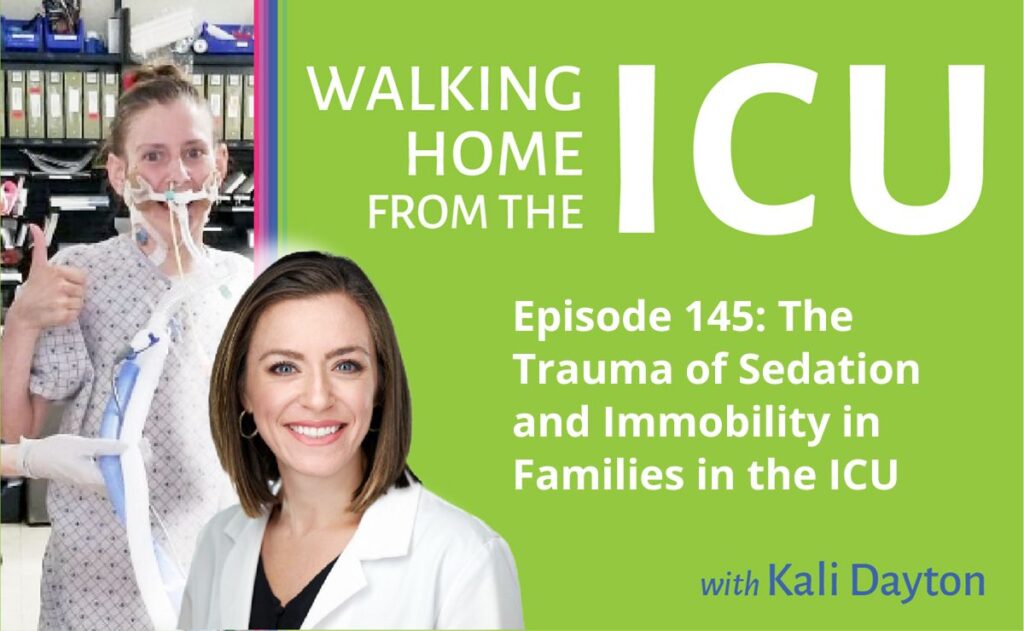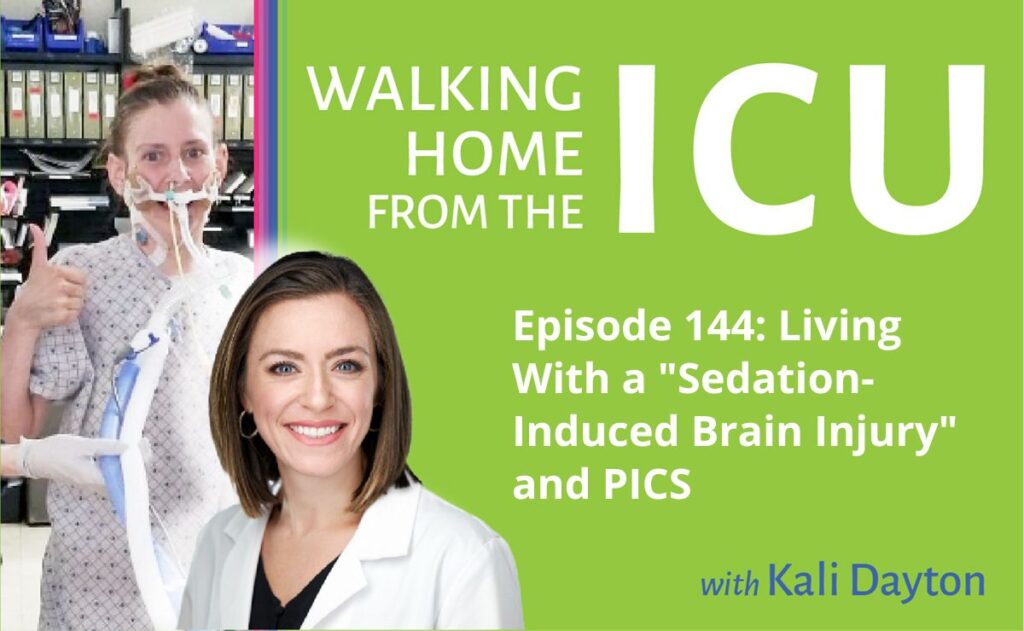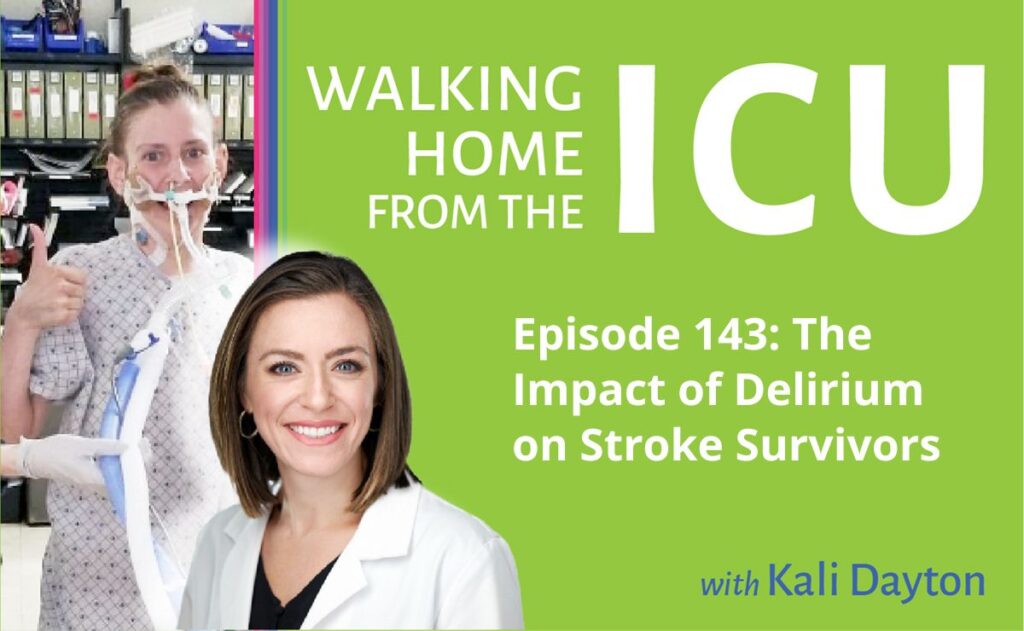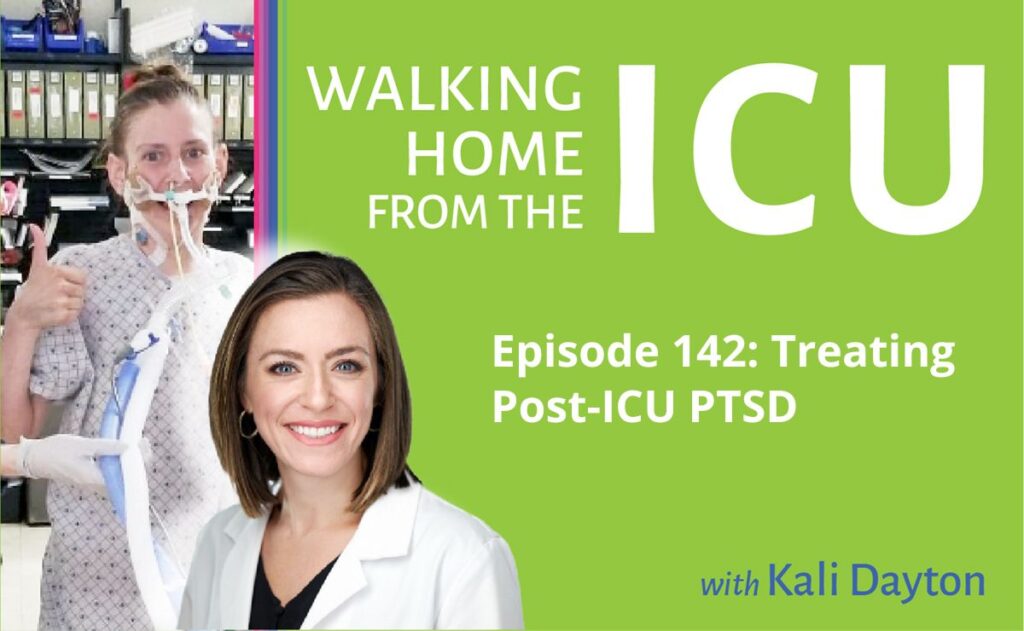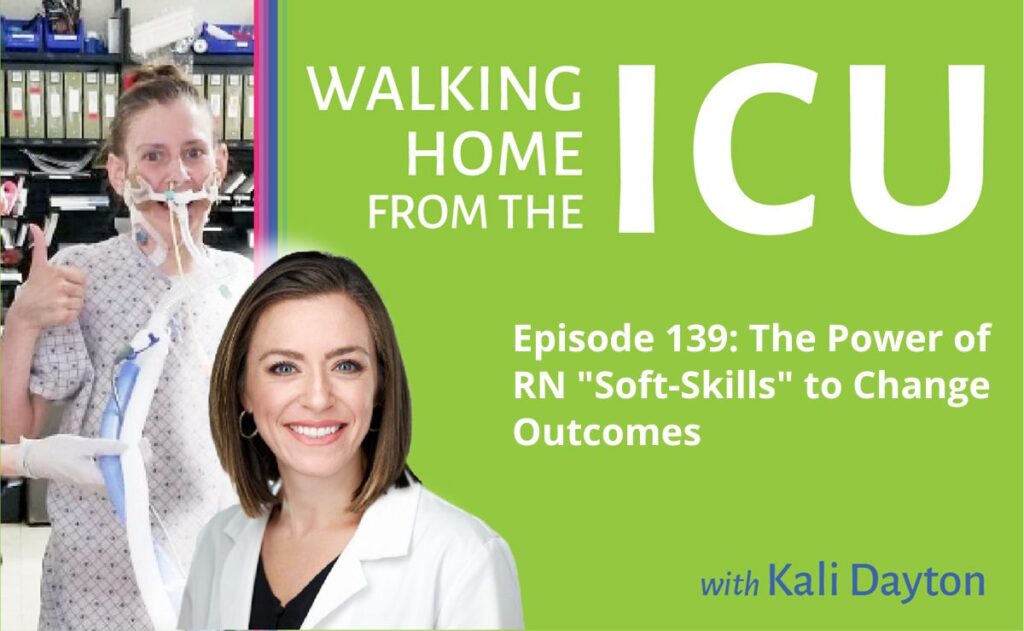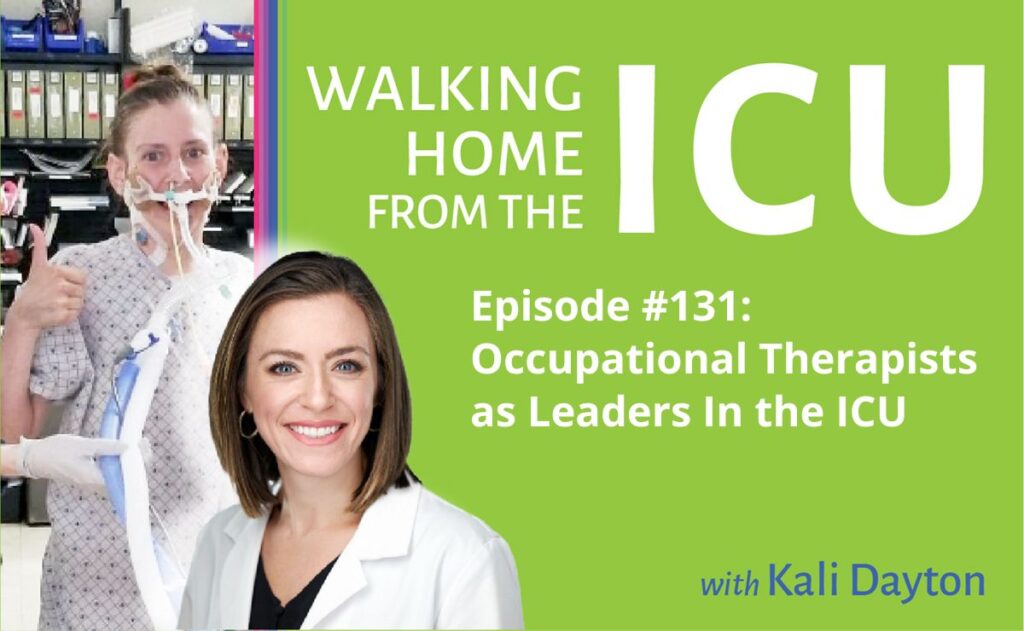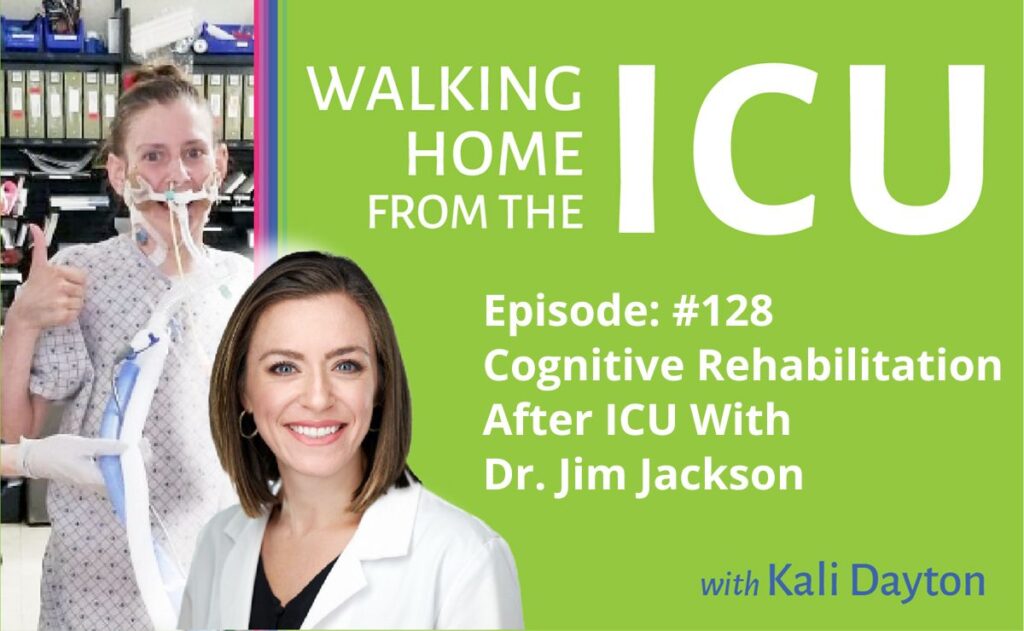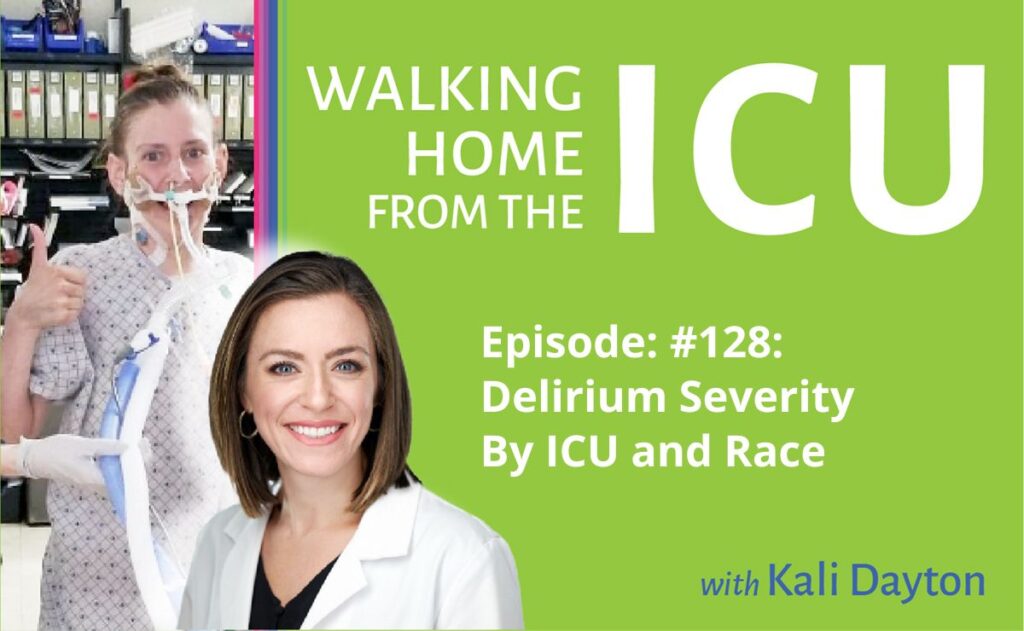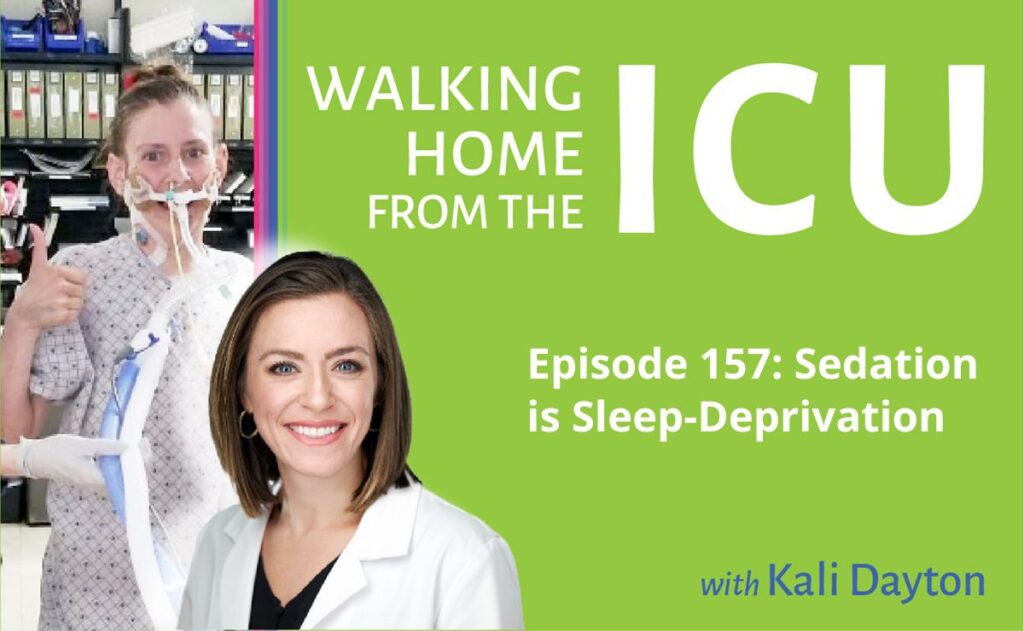
Walking Home From The ICU Episode 157: Sedation is Sleep-Deprivation
For decades, we have culturally passed on the myth that patients are sleeping while sedated into medically induced comas. We have assured ourselves and each other that sedation “prevents PTSD”. Research has proven that sedation makes true restorative sleep impossible and real recall of the reality of the ICU is protective against post-ICU PTSD. So
Learn More > from Walking Home From The ICU Episode 157: Sedation is Sleep-Deprivation
